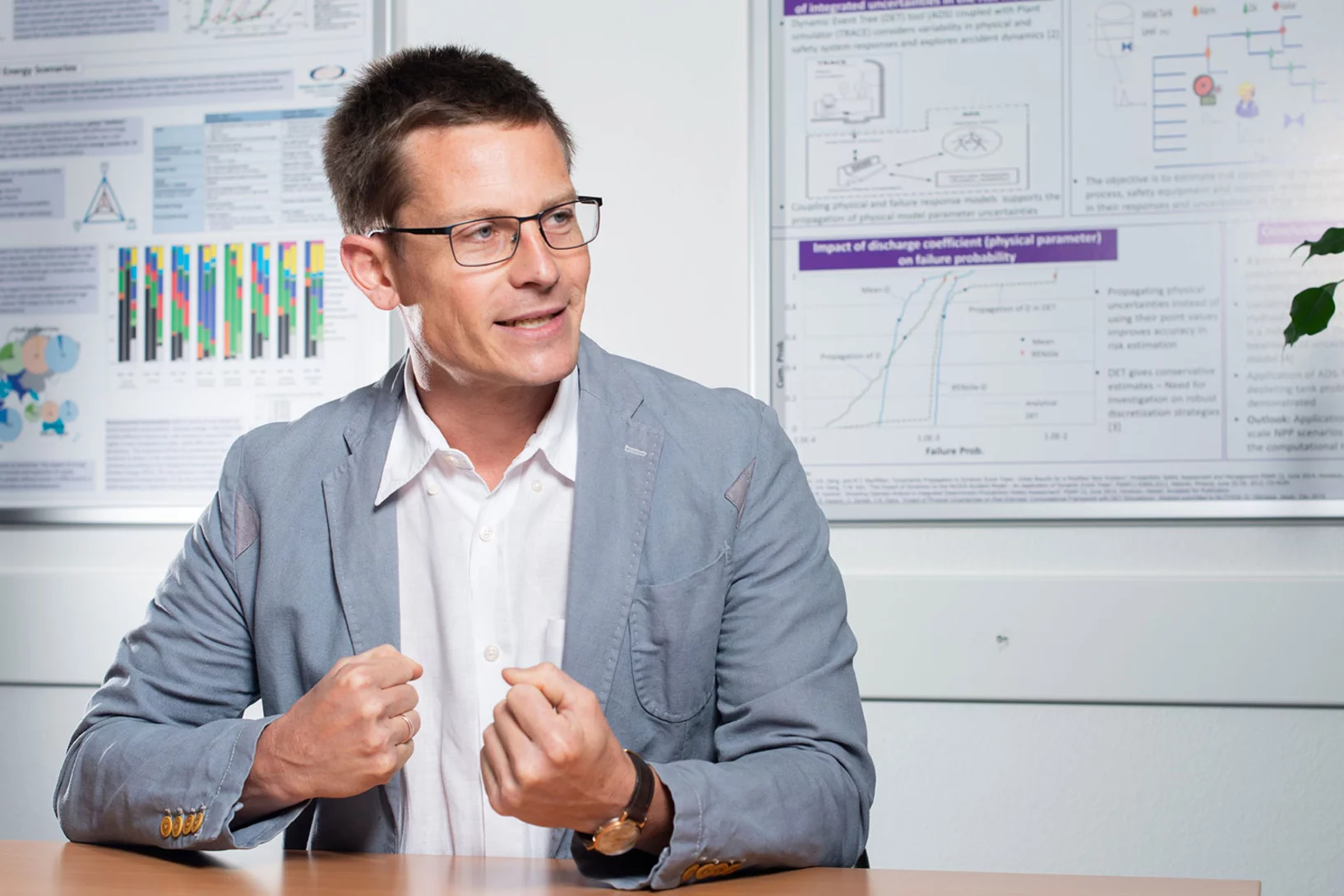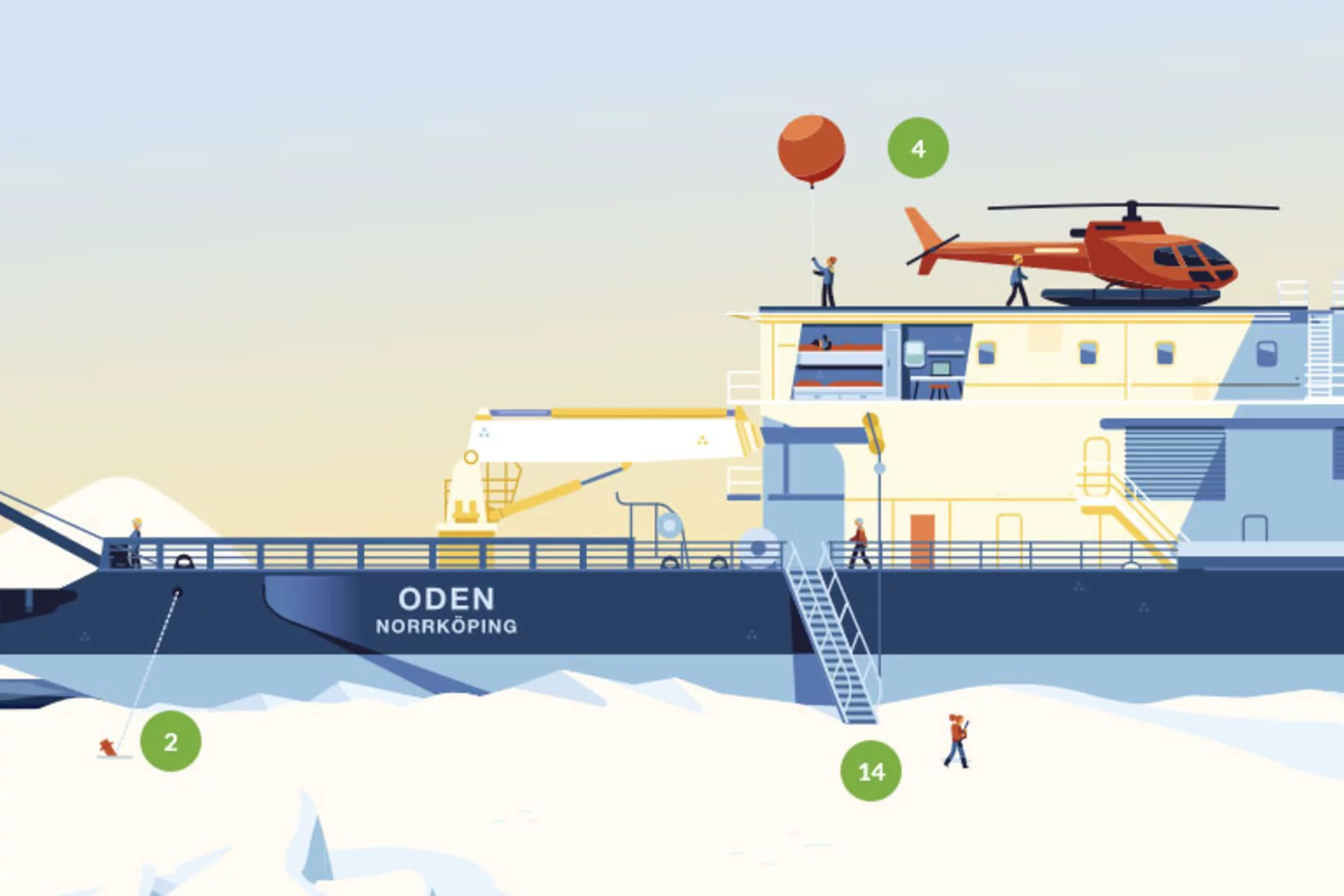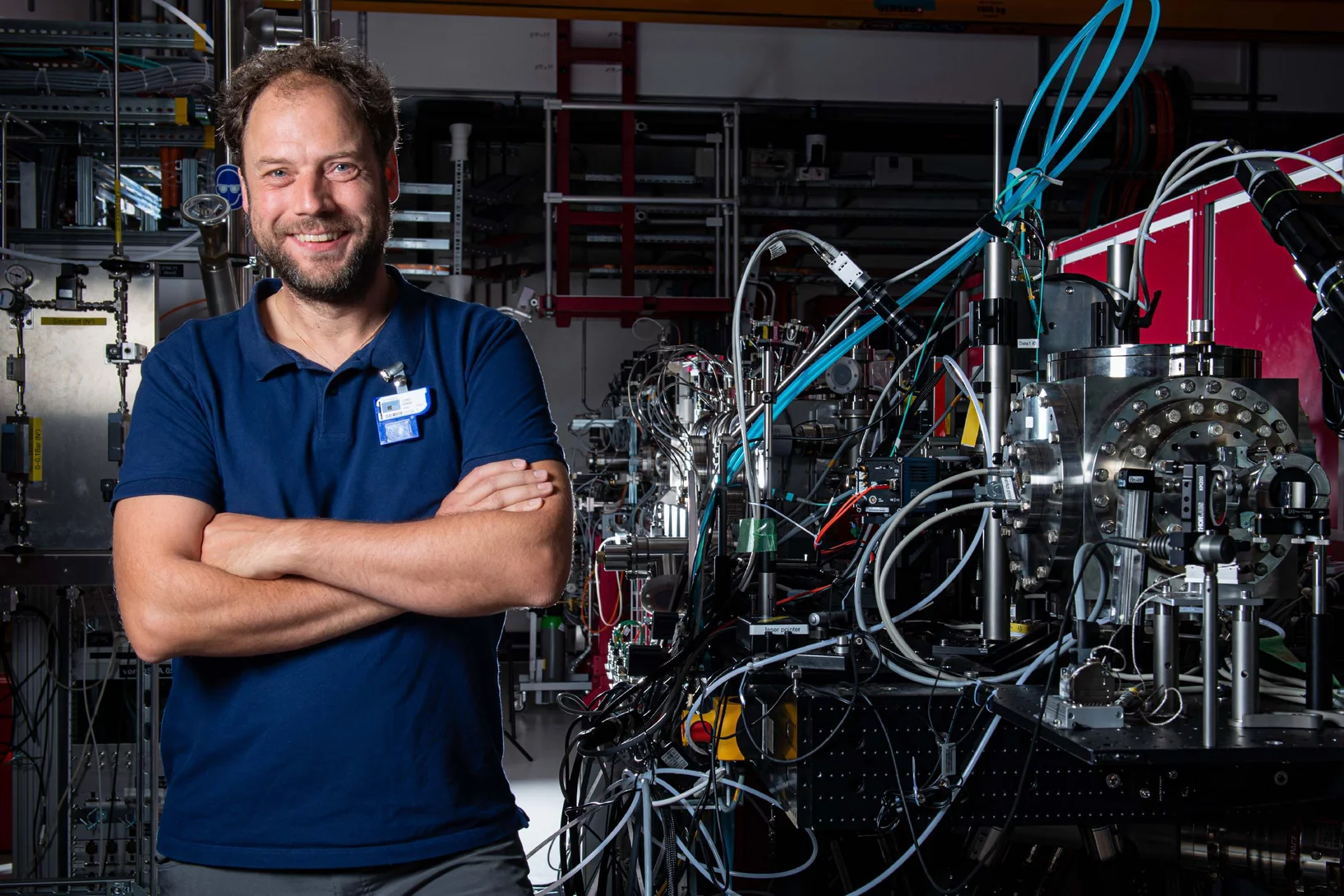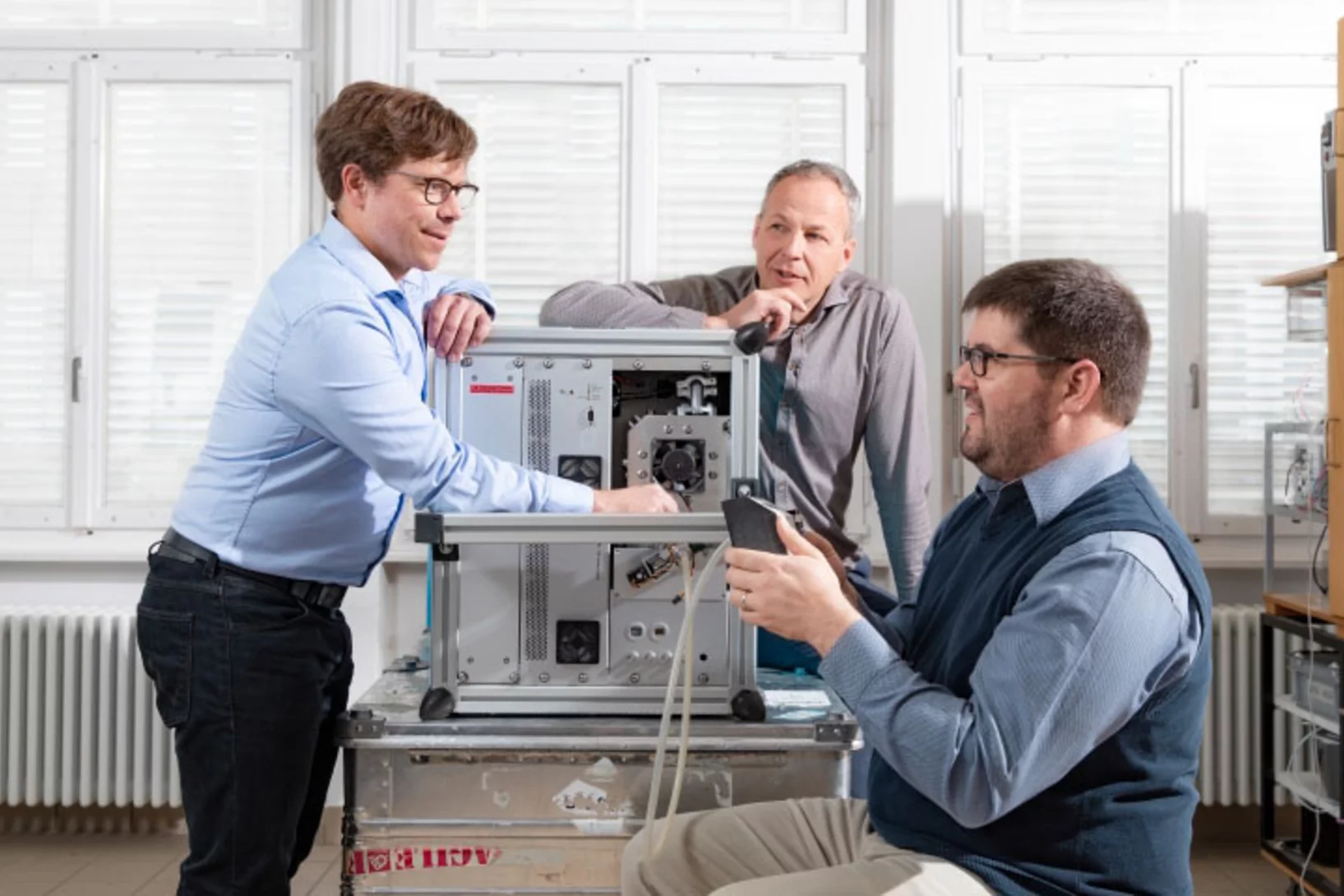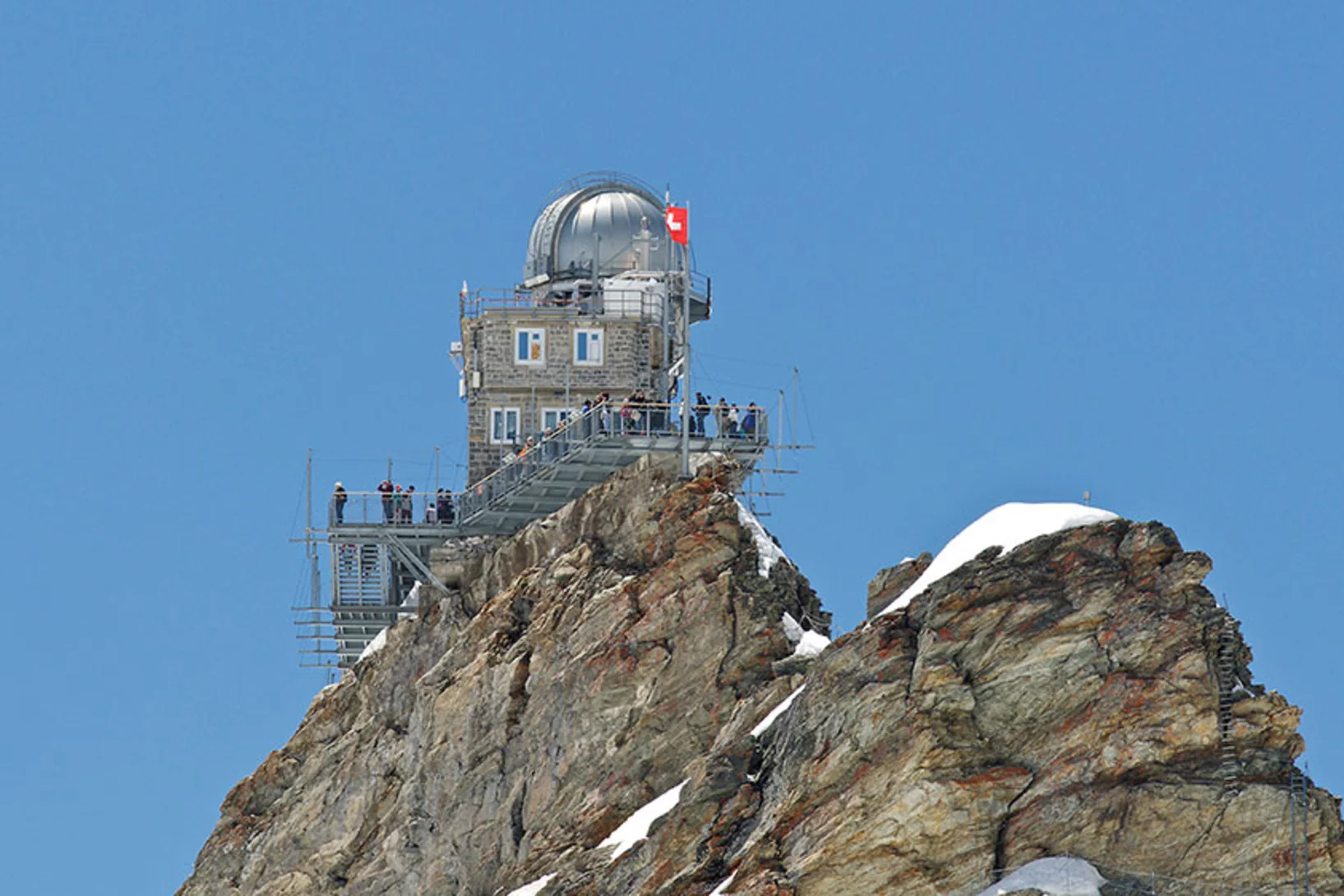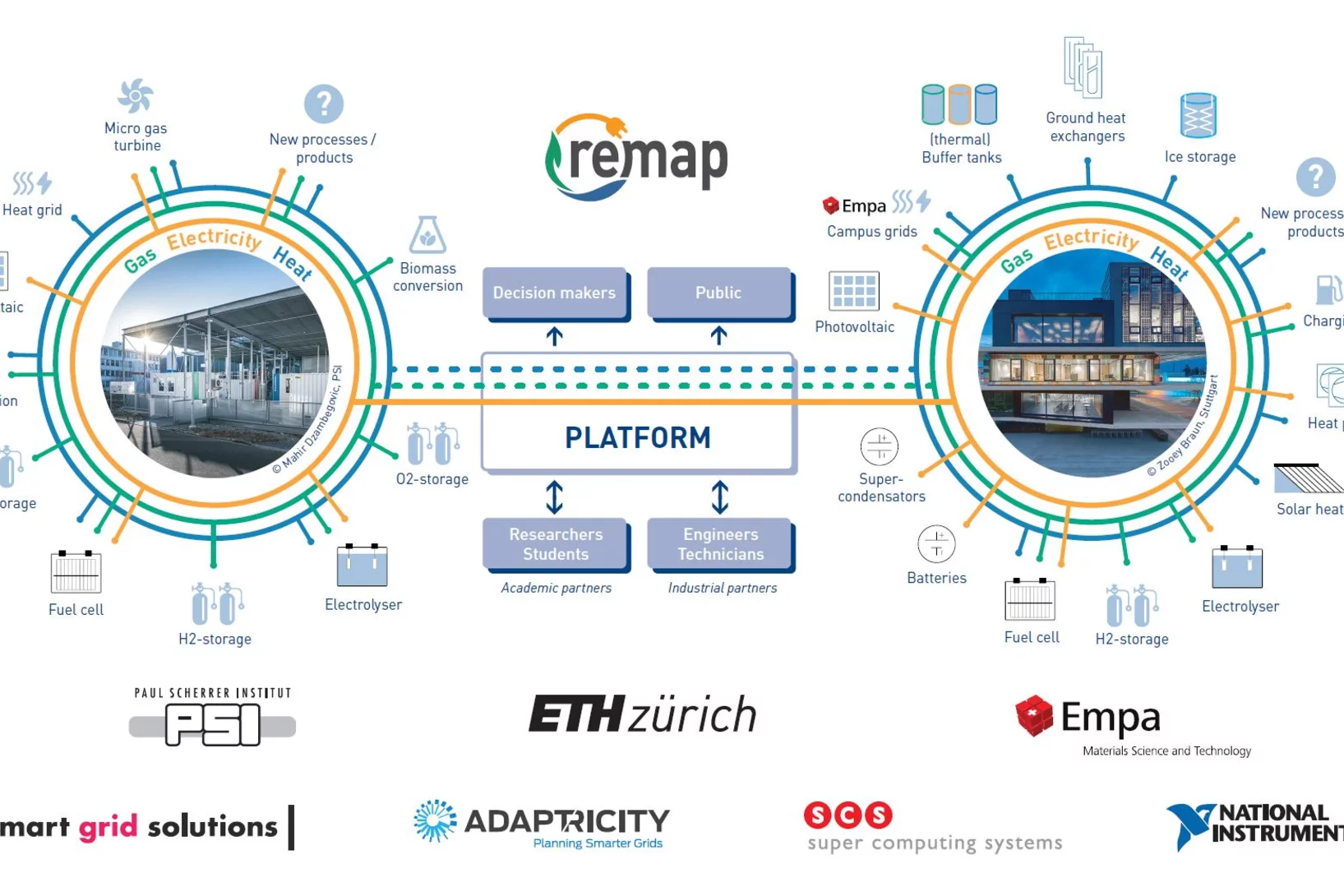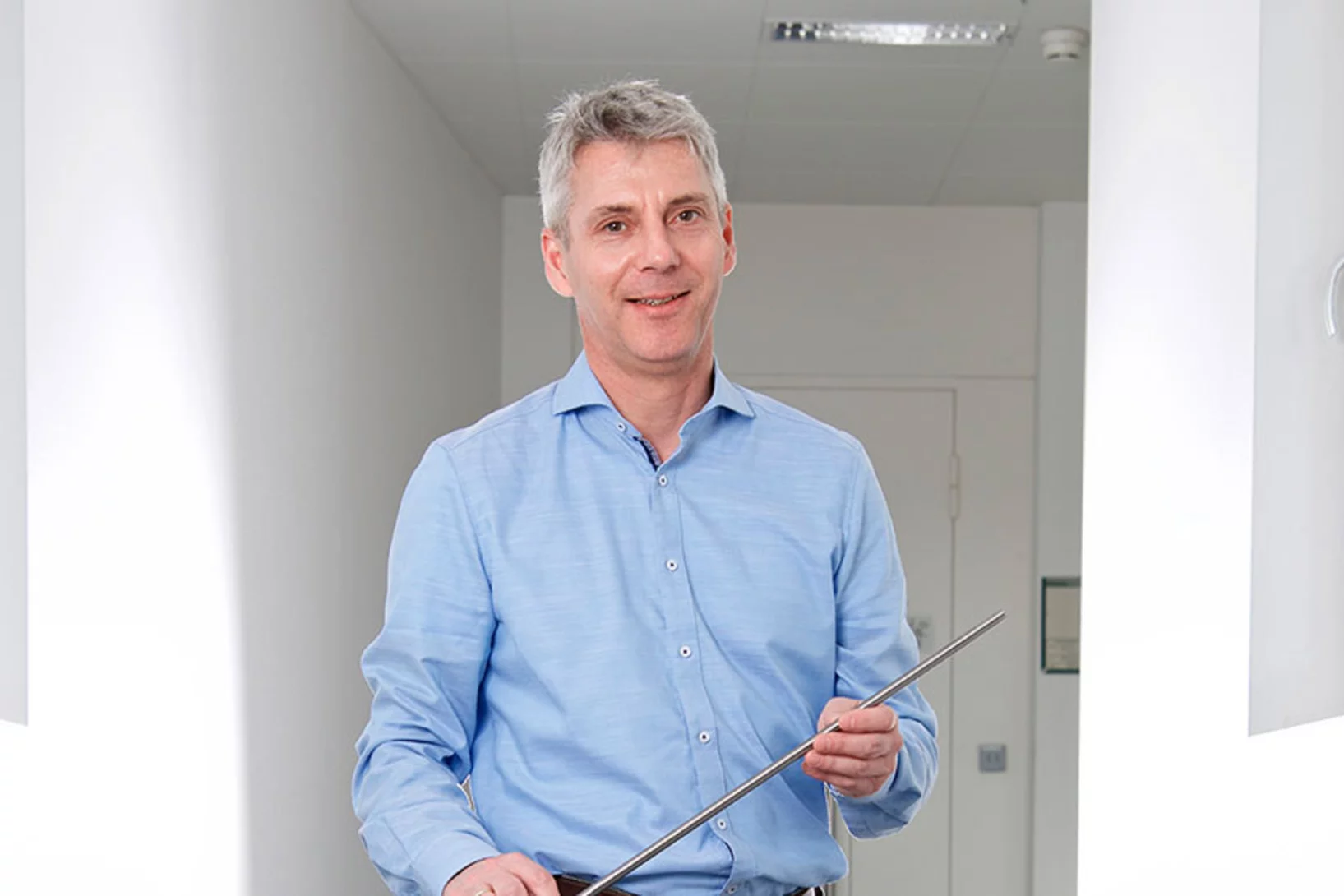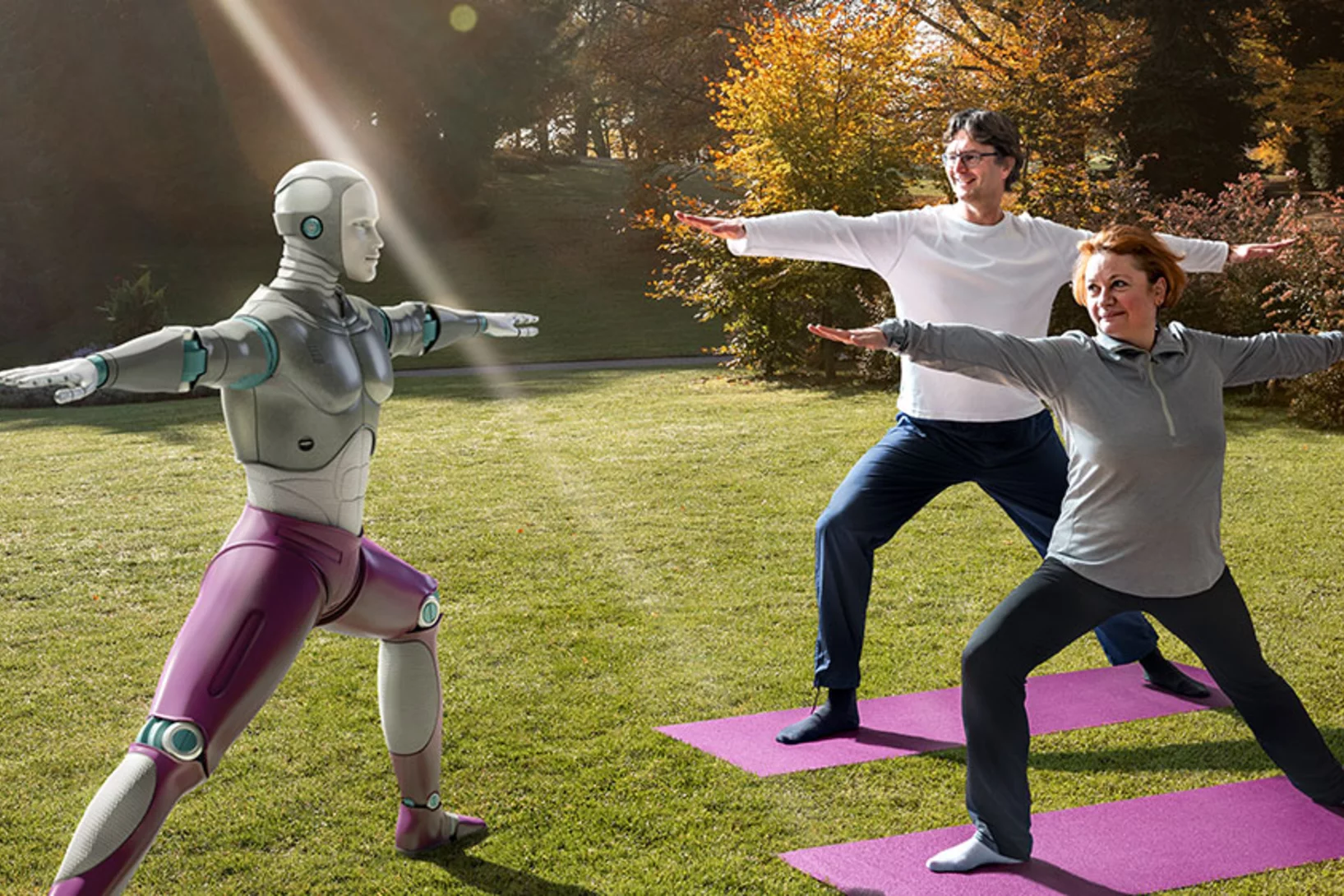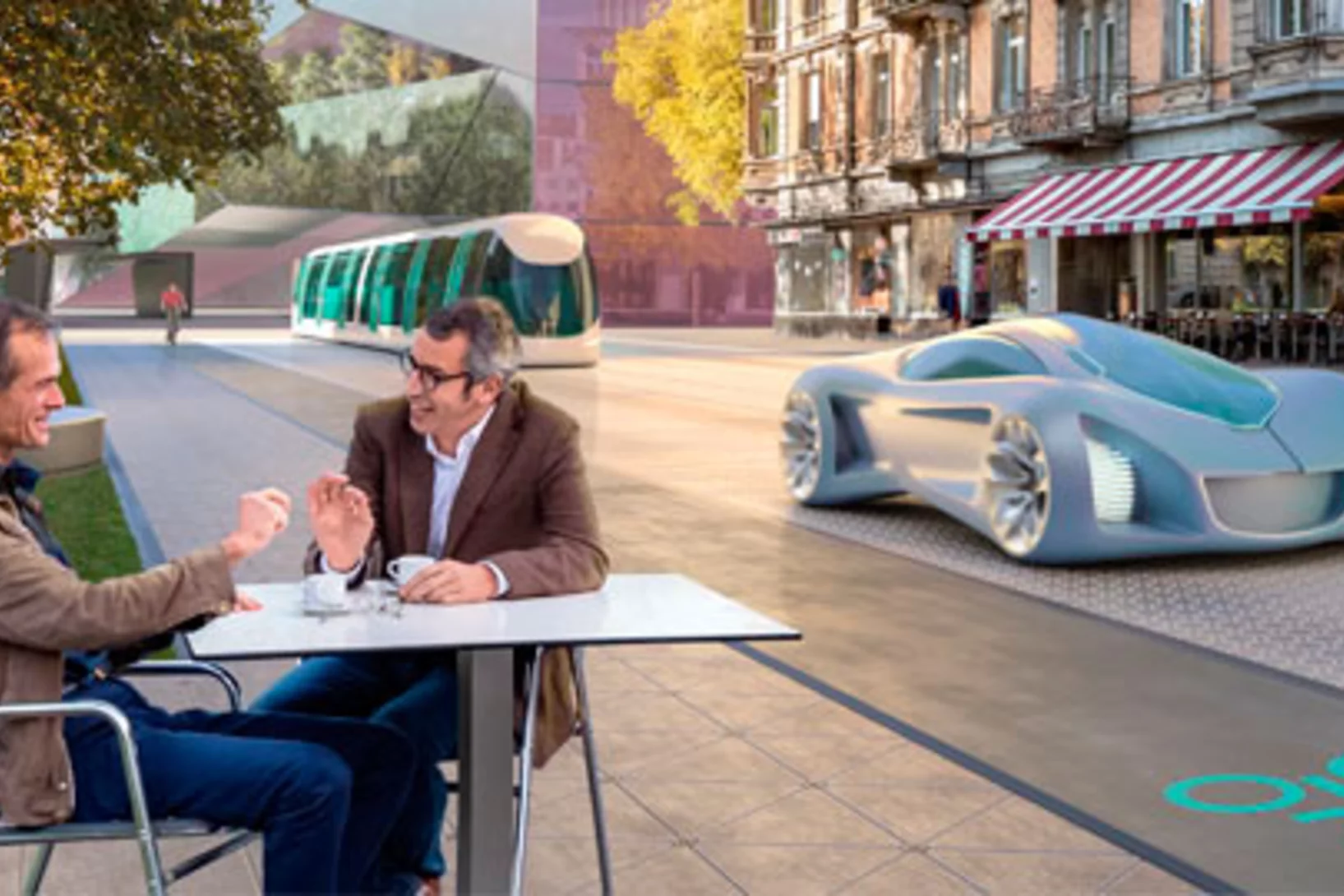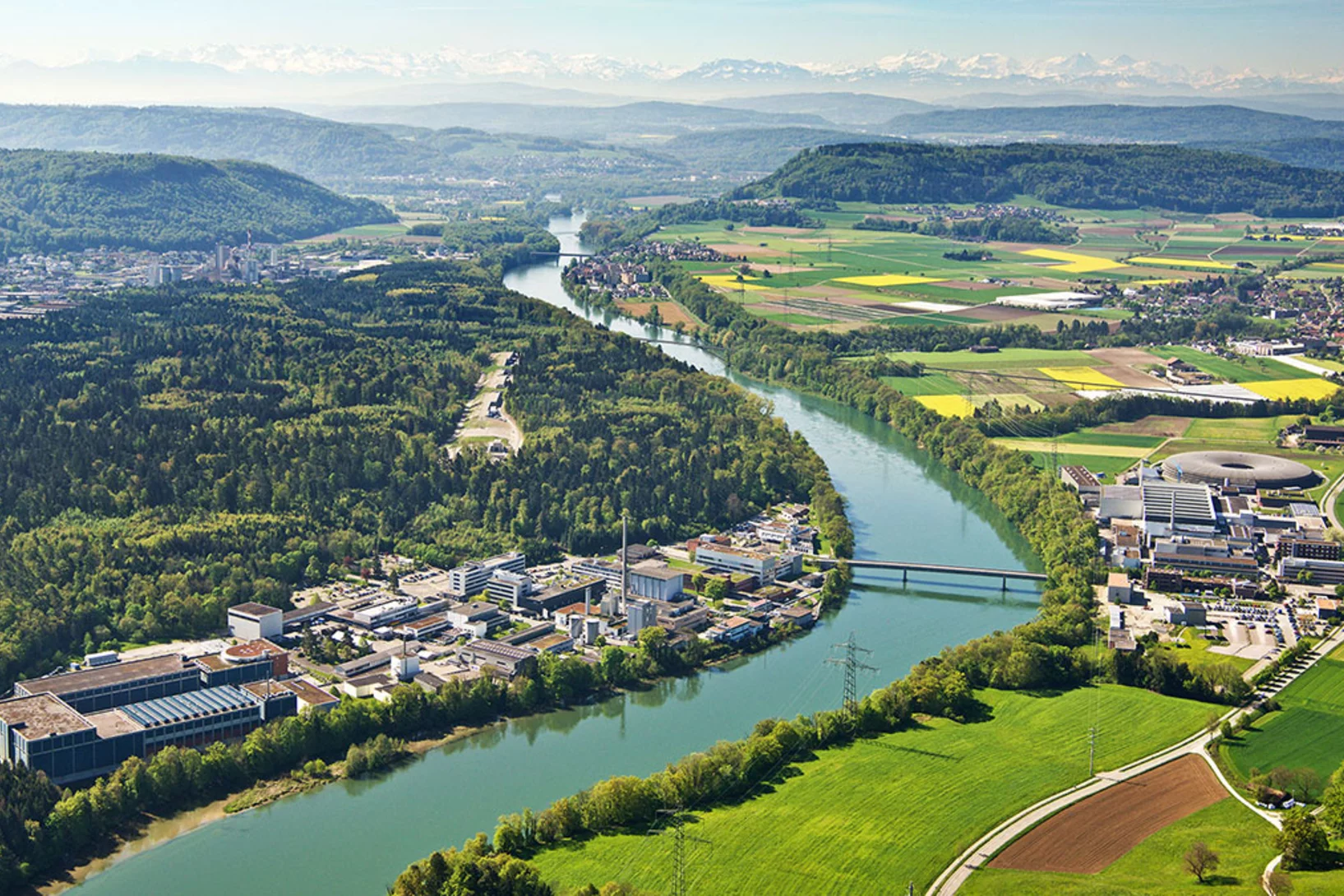PSI Stories
"This is incredibly ambitious"
Every three years, the World Energy Council explores possible developments of the global energy system under different scenarios. Tom Kober, head of the Energy Economics Group in PSI’s Laboratory for Energy Systems Analysis and one of the lead authors of the study, explains what the individual scenarios mean and how global warming could be mitigated.
A floating lab
To investigate Arctic water, ice, and air, 40 scientists cruised to the North Pole on the icebreaker Oden in the summer of 2018. Two atmospheric researchers from PSI were on board.
Research and tinkering – SwissFEL in 2019
The newest large research facility at the Paul Scherrer Institute, SwissFEL, has been completed. In January 2019 it began regular operation. Henrik Lemke, head of the SwissFEL Bernina research group, gives an interim report.
Research above – and about – the clouds
At the Jungfraujoch research station, PSI scientists study particulate matter in the atmosphere. And have to deal with the fact that the human body is not made for life at 3,500 metres above sea level.
In fresh air and in smog
PSI researchers drill through millennia-old glacier ice in the high mountains and analyse the world's highest particulate concentrations in Delhi, India. They are helping to address questions regarding climate change and to reduce air pollution.
Testing the energy system of the future today, as realistically as possible
With the kick-off of the ReMaP project, companies have another opportunity to test their vision for the energy system of the future now. PSI's ESI platform helps to make better and more intelligent use of renewable energy in the future.
Cladding tubes and their properties
In the Nuclear Energy and Safety Research Division at PSI, Johannes Bertsch focuses on the so-called cladding tubes that are used in nuclear power plants.
Watching electrons and switching bits on
Electronics should get smaller, faster, and above all more energy-efficient. These themes are also present in several research groups at PSI. From incremental improvements to complete rethinking – who is currently working on what?
Now it's time for something new
If you make electronic components smaller, they unfortunately get hotter. Also, we will soon reach the limit of technically feasible miniaturisation. At PSI, Gabriel Aeppli and Christian Rüegg are working on fundamentally new, physical solutions for better computers and data storage devices.
Vorlage 5232 Beitrag EN
Lorem ipsum dolor sit amet, consetetur sadipscing elitr, sed diam nonumy eirmod tempor invidunt ut labore et dolore magna aliquyam erat, sed diam voluptua. At vero eos et accusam et justo duo dolores et ea rebum. Stet clita kasd gubergren, no sea takimata sanctus est Lorem ipsum dolor sit amet.

